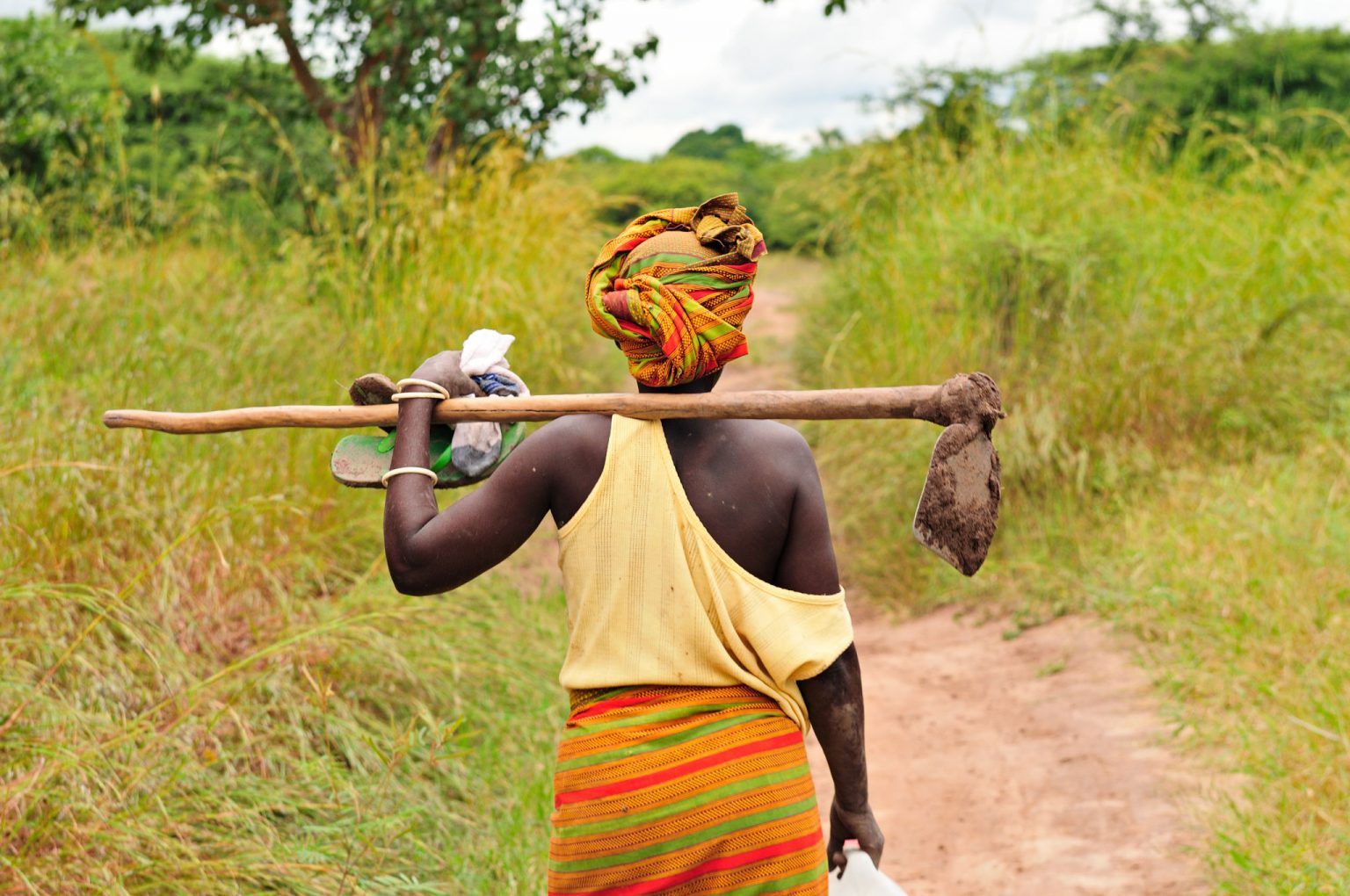Welcome to the ‘finding allies’ section of our renewed newsletter ‘Tuamke’, where we take you on a journey with us through our process of unlearning and relearning. We will share monthly articles, videos, and audios addressing how development, technology and business can be more inclusive.
CoAmana has been working for 4 years to understand the best ways to solve market inefficiencies for low income and rural populations across Africa. Before then, many members of our team worked in academia, communications, tech, finance, development consultation and project management across sub-saharan Africa. As the farmers would say, we are ‘book people’, a term they often use to classify educated English speaking people who have been made impractical and hubristic by their dependency on using external over refined or complex knowledge.

However, having spent years in the field, our entire management team have had to go through a process of unlearning and dropping common ‘educated’ assumptions in favour of listening and serving our customer base. We started out with “problems -> solutions -> people”, but our experience in the field has taught us to be more focused on “people -> problem -> solution” and we would like you to join us as we share the stories and experiences that have led us to where we are now.
We invite you to follow us as we explore opportunities for sustained impact by revisiting well known assumptions from the perspective of the people we aim to impact. In a world where ‘book people’ are anchored in the metaverse, blockchain, RCTs, satellites tracking weather patterns, big data, machine learning, digital information and NFTs. How do we ensure that we forge relationships with people in such a way that it ensures that they are carried along by forming a common ground for change? How do we see the communities we work with as allies and vice versa?
Each issue of our newsletter will focus on unpacking a single learning. Our next issue will focus on ancient wisdom found only within local market systems and how it has worked for people and the environment. You will hear from experts that have been in this space and not just the expert “book people”, but people who know their communities and these age-old systems more than we do. People who understand what it takes to create indigenous change.

